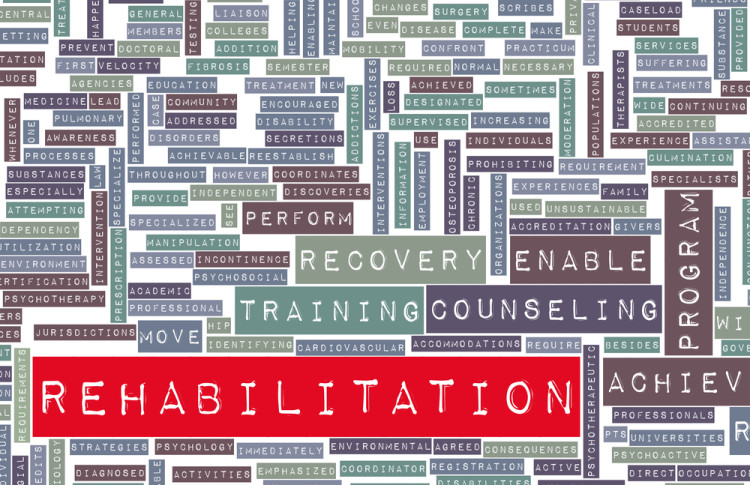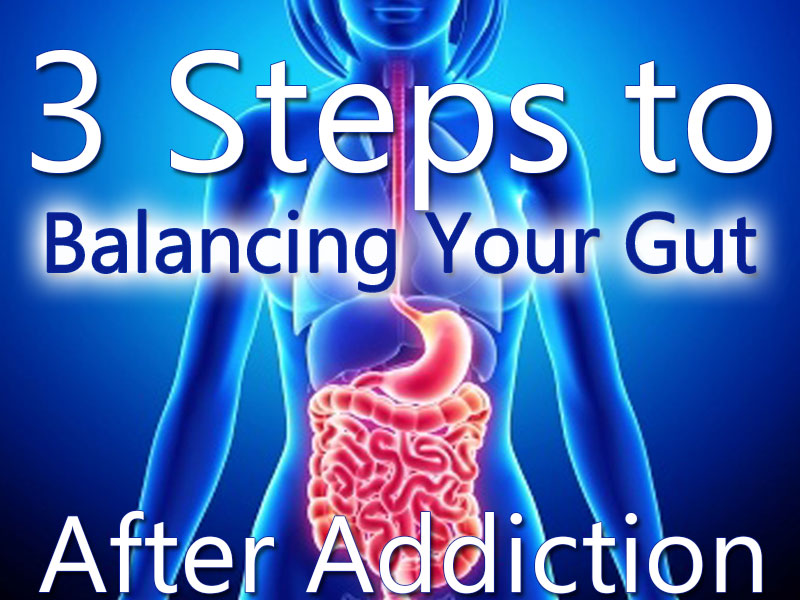Corresponding addiction solution

Corresponding addiction solution necessary for the perfection in defeating the side effects of treatment
Corresponding addiction solution: Drug abuse and mental health
Having looked at some of the corresponding addiction treatment for the benefit of your health, we want to explore more in this line to equip you with relevant health information as follows:
Get therapy – Your chances of staying sober improve if you are participating in a social support group like Alcoholics Anonymous or Narcotics Anonymous or if you are getting therapy.
Follow doctor’s orders – Once you are sober and you feel better, you might think you no longer need medication or treatment. But arbitrarily stopping medication or treatment is a common reason for relapse in people with co-occurring disorders. Always talk with your doctor before making any changes to your medication or treatment routine.
Corresponding addiction solution: Make healthy lifestyle changes
Practice relaxation techniques – When practiced regularly, relaxation techniques such as mindfulness meditation, progressive muscle relaxation, and deep breathing can reduce symptoms of stress, anxiety, and depression, and increase feelings of relaxation and emotional well-being.
Healthy eating habits – Start the day right with breakfast, and continue with frequent small meals throughout the day. Going too long without eating leads to low blood sugar, which can make you feel more stressed or anxious.
Exercise regularly – Exercise is a natural way to bust stress, relieve anxiety, and improve your mood and outlook. To achieve the maximum benefit, aim for at least 30 minutes of aerobic exercise on most days.
Get enough sleep – People often ignore sleeping because of the pressures of work and economic hardship however lack of sleep can exacerbate stress, anxiety, and depression it is therefore prudent that you sleep for 7 to 9 hours of quality sleep a night.
Helping a loved one with a substance abuse and mental health problem
Doing this is difficult because resistance to treatment is common and the road to recovery can be long. You can only do what you can. You cannot force someone to remain sober, nor can you make someone take their medication or keep appointments. You can live positively by encouraging your loved one to get help in many ways like:
Seek support – Dealing with a loved one’s dual diagnosis of mental illness and substance abuse can be painful and isolating. Make sure you’re getting the emotional support you need to cope.
Set boundaries – Be realistic about the amount of care you’re able to provide without feeling overwhelmed and resentful. Set limits on disruptive behaviors, and stick to them. Letting the co-occurring disorders take over your life isn’t healthy for you or your loved one.
Educate yourself – Learn all you can about your loved one’s mental health problem, as well as substance abuse treatment and recovery. The more you understand what your loved one is going through, the better able you’ll be to support recovery.
Be patient – This is very important because recovering from a dual diagnosis doesn’t happen overnight. It is an ongoing process that can take long may be months or years, and relapse is common. Ongoing support for both you and your loved one is crucial as you work toward recovery. All these are just some guidelines to help you offer better support to your loved ones. And even as follow these guidelines it is still very important that you seek the services of the experts in this discipline. You can reach doctor Akoury on phone today to schedule an appointment and she will be of great help.
Corresponding addiction solution: Drug abuse and mental health









